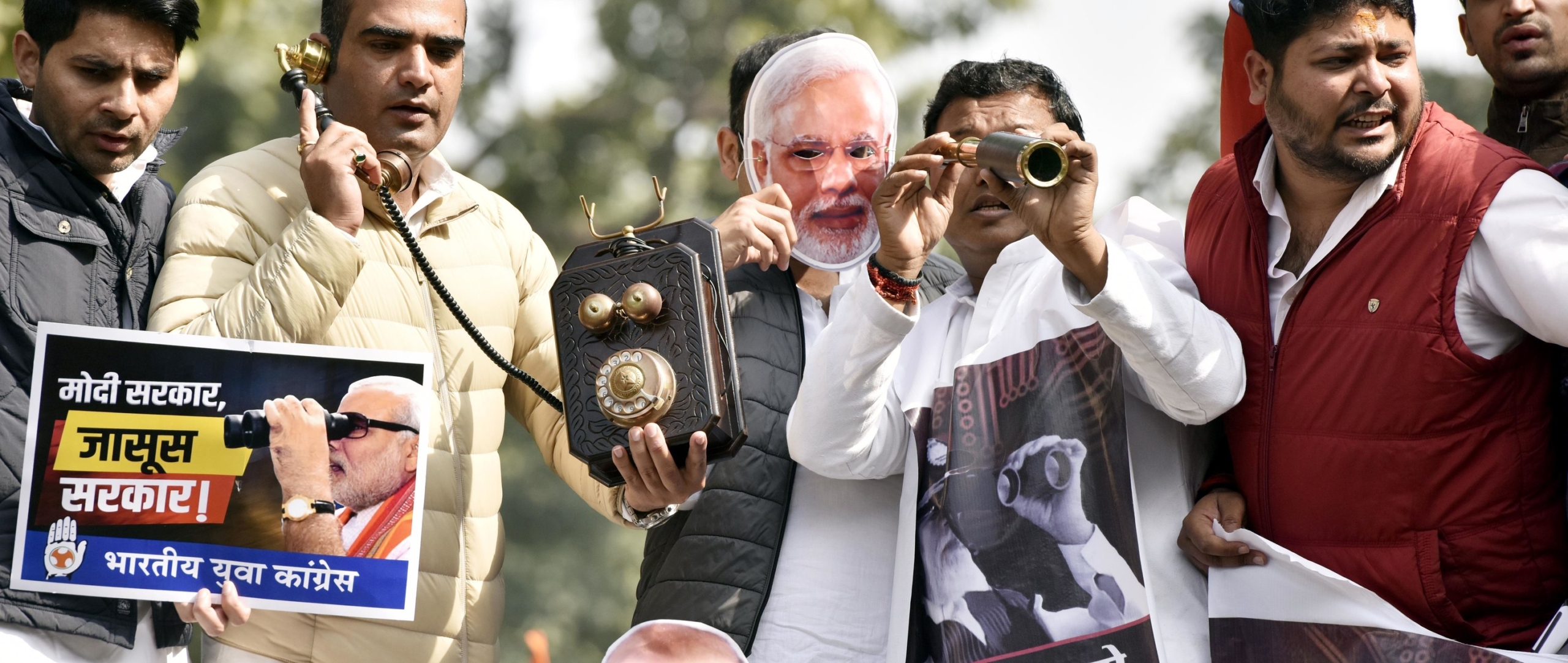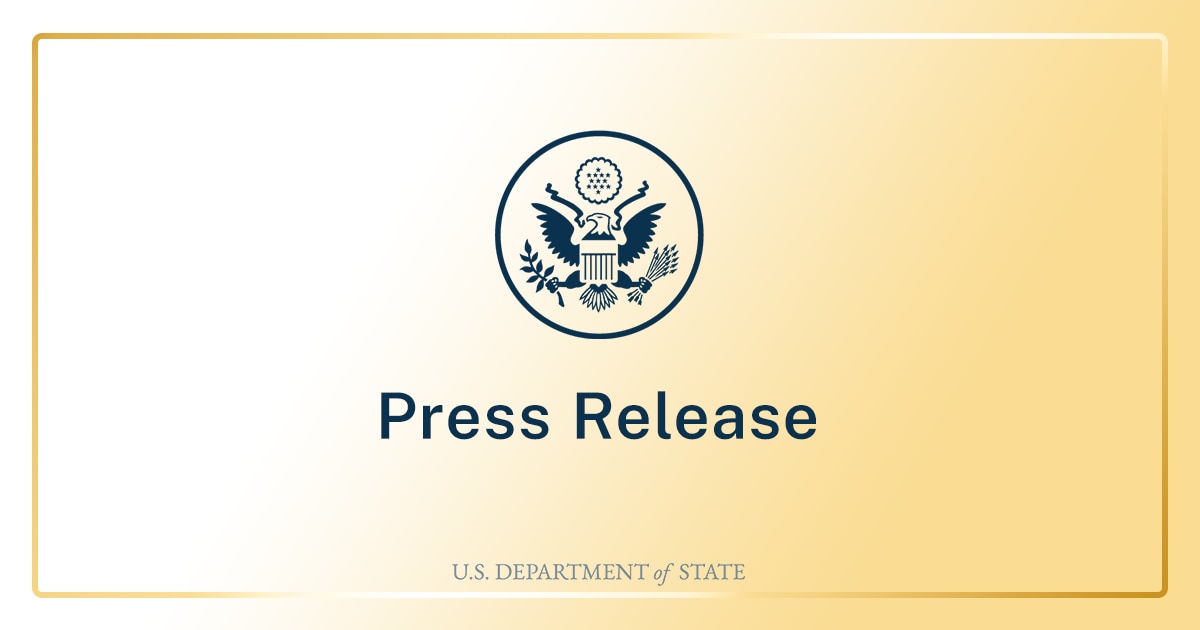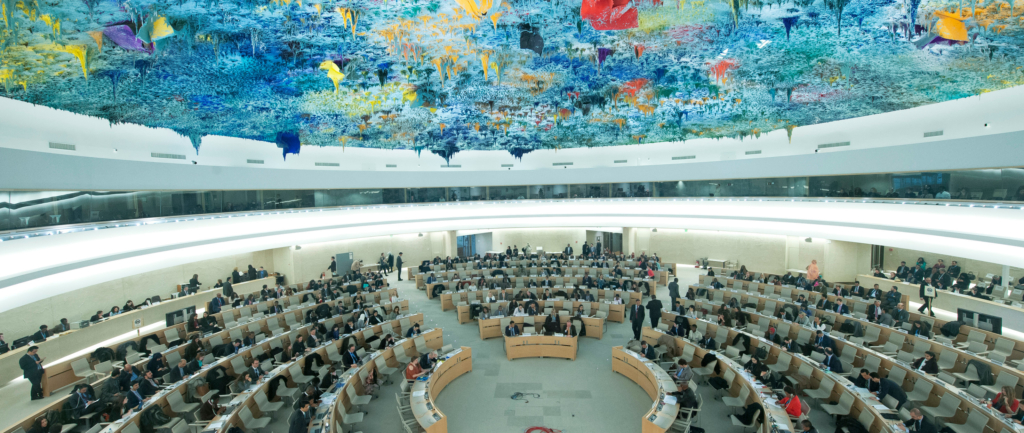India: Government’s pursuit of new surveillance technology heightens human rights concerns
Responding to a report by the Financial Times that India is searching for alternative spyware technology to replace NSO Group’s Pegasus surveillance software, Donncha Ó Cearbhaill, Head of the Security Lab at Amnesty International, said:
“It is chilling that instead of respecting human rights and ensuring accountability for those targeted by Pegasus, that the Indian government is instead looking for alternative spyware to further its surveillance capabilities.
The spyware industry continues to spiral out of control globally with dozens of companies offering similar products to Pegasus.
Donncha Ó Cearbhaill, Head of the Security Lab at Amnesty International
“It is shameful that although spyware technology has been used to commit grave human rights violations, crush dissent, and stifle freedom of assembly and expression, governments across the world continue to recklessly advance these methods to unlawfully target dissidents and critics.”
New research from Amnesty International’s Security Lab this week has uncovered evidence of a spyware hacking campaign targeting Google’s Android operating system and impacting billions of users worldwide.
“The spyware industry continues to spiral out of control globally with dozens of companies offering similar products to Pegasus. We urgently need a global moratorium on the sale, transfer, and use of spyware until robust human rights regulatory safeguards are in place.”
Background:
On March 30, 11 governments issued a joint statement committing to joint action to counter the proliferation and misuse of commercial spyware.
On March 27, United States President Joe Biden signed an executive order restricting the government’s use of commercial spyware technology that has been used to intimidate civil society around the globe.
In 2021, following revelations by Amnesty International in the Pegasus Project about the spyware produced by the Israeli company NSO, the Supreme Court of India set up a technical committee to investigate abuses involving the software. In 2022, the committee concluded their investigation, but the court has not made the findings of the report public….



